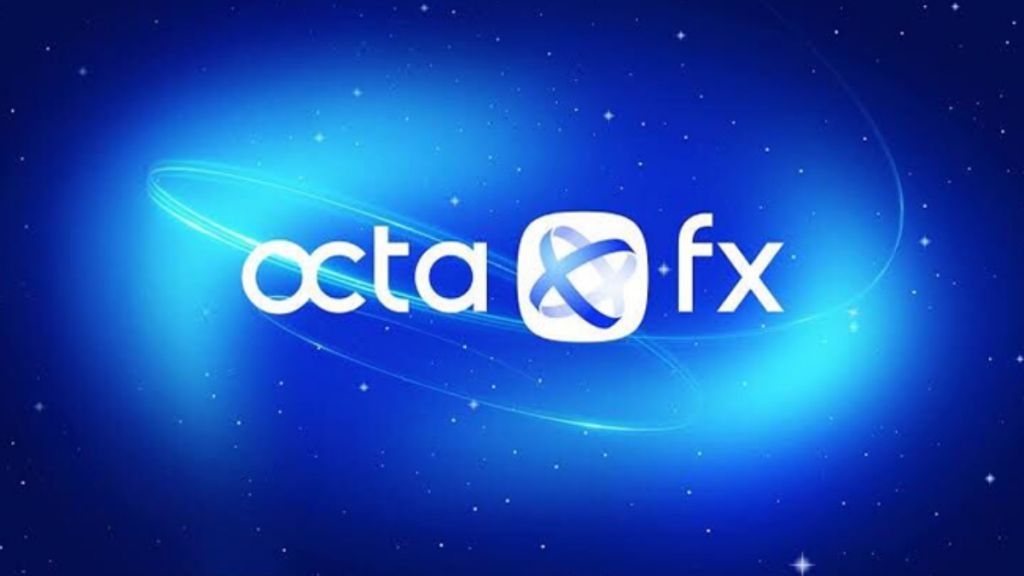
Mumbai: In a major crackdown, the Enforcement Directorate (ED) has discovered alleged key connection between OctaFX, a well-known online forex trading platform, and illegal offshore betting operations. The investigation revealed that these operations used fake e-commerce websites to hide their money and get around payment restrictions. effectively concealing the illicit nature of the incoming money.
According to the ED officials they have exposed a sophisticated financial network allegedly used to launder illicit proceeds, highlighting the far-reaching and complex nature of this international money laundering scheme.
The ED probe into the western region has revealed alleged Proceeds of Crime (PoC) totaling Rs 10,000 crore, linked to illegal betting and forex trading operations. Sources familiar with the investigation suggest that the national figure could potentially double as investigations widen across India. Under the Prevention of Money Laundering Act (PMLA), PoC refers to illegal gains generated from criminal activities. In this case, the funds are allegedly tied to an elaborate money laundering network involving offshore betting platforms and forex trading firms such as OctaFX.
OctaFX, reportedly the lead sponsor of the Delhi Capitals IPL team through a group company registered in the British Virgin Islands, allegedly paid Rs 10.75 crore in FY22 and Rs 11.25 crore in FY23 under the sponsorship deal. However, OctaFX is not authorized by the Reserve Bank of India (RBI) to offer forex trading services in India, raising further suspicions about its activities.
The ED’s investigation has uncovered a sophisticated financial network allegedly used to funnel and launder illicit proceeds. OctaFX, along with several other forex trading companies, is accused of establishing fake e-commerce platforms to legitimize illegal betting funds under the pretext of forex trading. These platforms, including OctaFX, Fairplay, Magicwin, Mahadev Online Book, and approximately 30 others, have been linked to promoters reportedly operating from countries such as Spain, Dubai, Russia, and Pakistan. This extensive international network is central to money laundering activities through illegal offshore betting platforms.
In an ongoing probe into offshore betting operations, the ED has allegedly uncovered that OctaFX forex trading platforms created fake e-commerce websites to launder the proceeds of illegal betting. Sources close to the investigation revealed that these websites were used to present illegal money as "legitimate" transactions, allowing the funds to be laundered under the guise of forex trading.
The ED's findings suggest that the promoters of these illegal betting apps are allegedly at the core of this laundering ecosystem, backed by illicit payment aggregators and former bank officials who provide expertise in creating the illusion of legitimate transactions. By channeling betting money through customers’ accounts via forex trading, and moving it through multiple financial layers, the illicit funds are ultimately transferred to foreign bank accounts, completing the laundering cycle concealing its illicit origins.
“The PoC suspected to be involved in these cases is approximately Rs 10, 000 crore which involves money of around 2 crore users,” said an official. The Directorate has conducted around 130 search action attachments worth Rs 2,200 crore. This includes 2,000 bank accounts, 50 immovable properties, crypto currency, cash and demat account balances.
Fake E-commerce Sites and Payment Aggregators
To conceal the proceeds of betting, numerous fictitious e-commerce businesses were allegedly established to facilitate illicit financial transactions. These deceptive e-commerce websites were meticulously crafted to exploit payment gateways, enabling the perpetrators to funnel and disguise funds as legitimate business operations. The ED investigation revealed that several shell companies were created under the guise of fake e-commerce websites, with current accounts opened in the names of these fictitious entities.
The scheme involved the use of "mule accounts," which were set up to process transactions for brief periods before being closed. These mule accounts were managed by "dummy directors," and played a crucial role in this operation. These directors were paid small amounts, either as a commission per transaction or as a fee for using consolidation accounts. They were trained by former bankers to handle questions about know-your-customer (KYC) procedures and field verification, so they could effectively respond to inquiries from law enforcement.
Funds collected through mule accounts were allegedly parked in the escrow accounts of unauthorised payment aggregators. Illegal e-commerce websites hired tech experts to create a payment aggregator that helped them avoid rules about who owns the money,These aggregators were used by these websites to hide the real nature of transactions by adding an extra layer between the owners and the payment systems.Investigations by the ED found that companies like OctaFX and Fairplay (connected to the Mahadev Online Book betting app) used these aggregators to manage payments for their illegal activities, working with banks that provided special escrow accounts for processing transactions.
The alleged laundering scheme also involved converting cash into cryptocurrency, unsecured loans, and hawala transactions, as well as fraudulent GST input tax credit invoices. The illicit funds were channeled through thousands of bank accounts, with the assistance of unauthorised payment aggregators.
ED identified the thousands of bank accounts utilised in the betting operations.